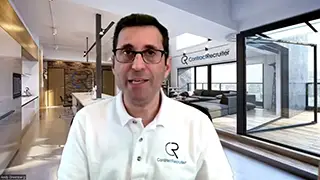- Home
- About Us
- Our Solutions
- Our ExpertisePlay Video
On-Demand Recruiting Solutions
The Outsourced Recruiting You Need by the In-House Recruiters You Trust



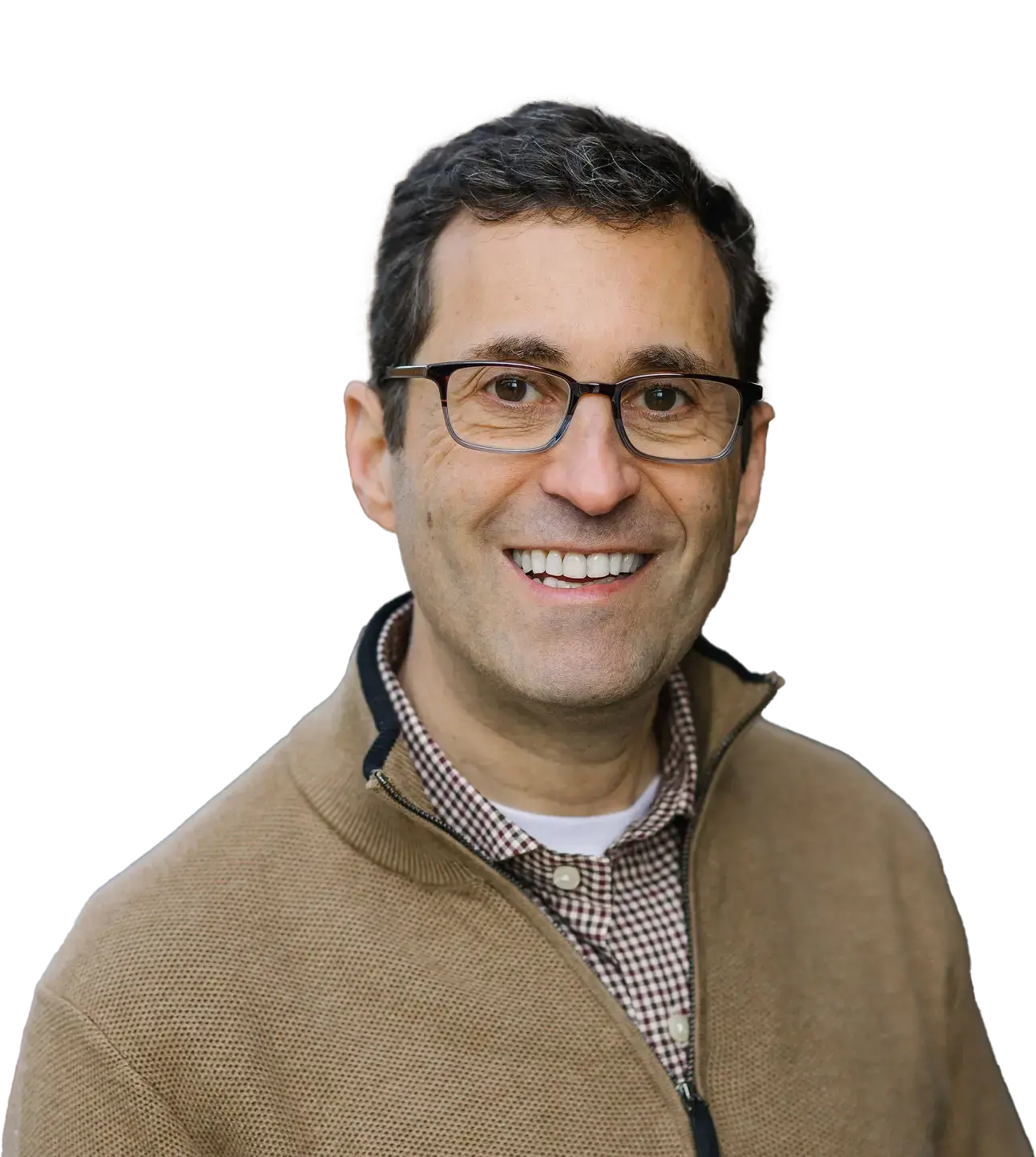
The Outsourced Recruiting You Need by the In-House Recruiters You Trust

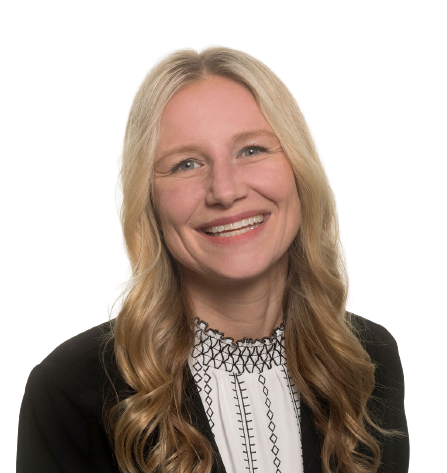
Our Solutions
A more flexible and scalable way of hiring a Contract Recruiter. U.S. based, working as a seamless extension of your staff.
A highly effective way to significantly boost your internal recruitment team’s flow of interested and available candidates.
A proven method of maximizing engagement by leveraging your employer brand to create compelling content and outreach.
A More Flexible and Modern Approach to RPO
Recruiting high-quality talent for your organization is crucial in any industry. However, finding qualified candidates to fill these roles is easier said than done. With an on-demand contract recruiter in your corner, you can seamlessly hire employees ideally suited to your company’s individualized needs.
At ContractRecruiter, we offer a unique team-based, on-demand recruiting model that combines the trustworthiness, dependability and familiarity of a Contract Recruiter with the deep resources, best practices and sense of urgency of an RPO.
Information Technology
I need to Hire for Information Technology
Healthcare
I need to Hire for Healthcare
Engineering
I need to Hire for Engineering
Sales
I need to Hire for Sales
Finance
I need to Hire for Finance
Human Resources
I need to Hire for Human Resources
Companies We've Helped Grow





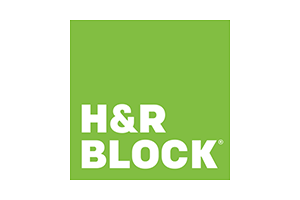
Why Use an On-Demand RPO Powered by Contract Recruiters?
No more scrambling for recruiters when you need them most. Our team-based contract recruiters take your focus off of hiring problems and lets you keep it where it belongs – on your core business operations.
As corporate-side, contract recruiters, we excel at nurturing relationships both with internal hiring managers and candidates, all while quickly learning and reflecting your organization’s culture and values. And perhaps most importantly, as with all effective corporate-side recruiters, holding ourselves accountable is built into our DNA.
Our recruiters are all local, U.S. based contract recruiters, and our entire team are our own W2 employees. We keep our quality high by never outsourcing our recruiting, or using part-time recruiters or independent recruiters.
Acting as a seamless extension of your team, you’ll see an immediate impact on hiring speed, cost and quality.
ContractRecruiter Gives You Instant On-Hiring Power
When you need more recruiting muscle, our team is ready to join yours. It’s not complicated. Nor is it risky.
Bringing ContractRecruiter aboard is simply smart because:
Hassle-free, instant-on/instant-off access to highly effective recruiting and sourcing solutions.
A team of corporate-side recruiters act as a seamless extension of your staff to help fill positions fast.
You won’t pay placement fees or get locked into a long-term commitment.
Diversity, Equity & Inclusion
ContractRecruiter.com is dedicated to creating an Equal Opportunity Employer experience that values, respects, and celebrates the diversity of backgrounds within its community. By proactively seeking ways for advancement in recruitment processes – including quantitative assessments, bias training, and virtual tools such as video interviewing – ContractRecruiter strives to continually improve Diversity & Inclusion hiring practices as we pursue a more equitable future.

Fully Managed On-Demand Contract Recruiting Solutions
Fully managed solutions combine the deep resources of an RPO with the accountability and professionalism of contract recruiters who know from the start how to work seamlessly with you and your team. When you choose our managed placement model, you’ll experience a flexible, scalable means of engaging contract recruiters for your company. In addition to Recruiting, our managed solutions include Sourcing as well as Recruitment Marketing.
Above all, when you work with us, you won’t be hampered by the multiple points of failure and frustration that exist with most other recruitment providers. Instead, thanks to our unique blend of contract recruiter and RPO-based solutions, you can look forward to a more effective and nimble way of hiring the talent you’re looking for.
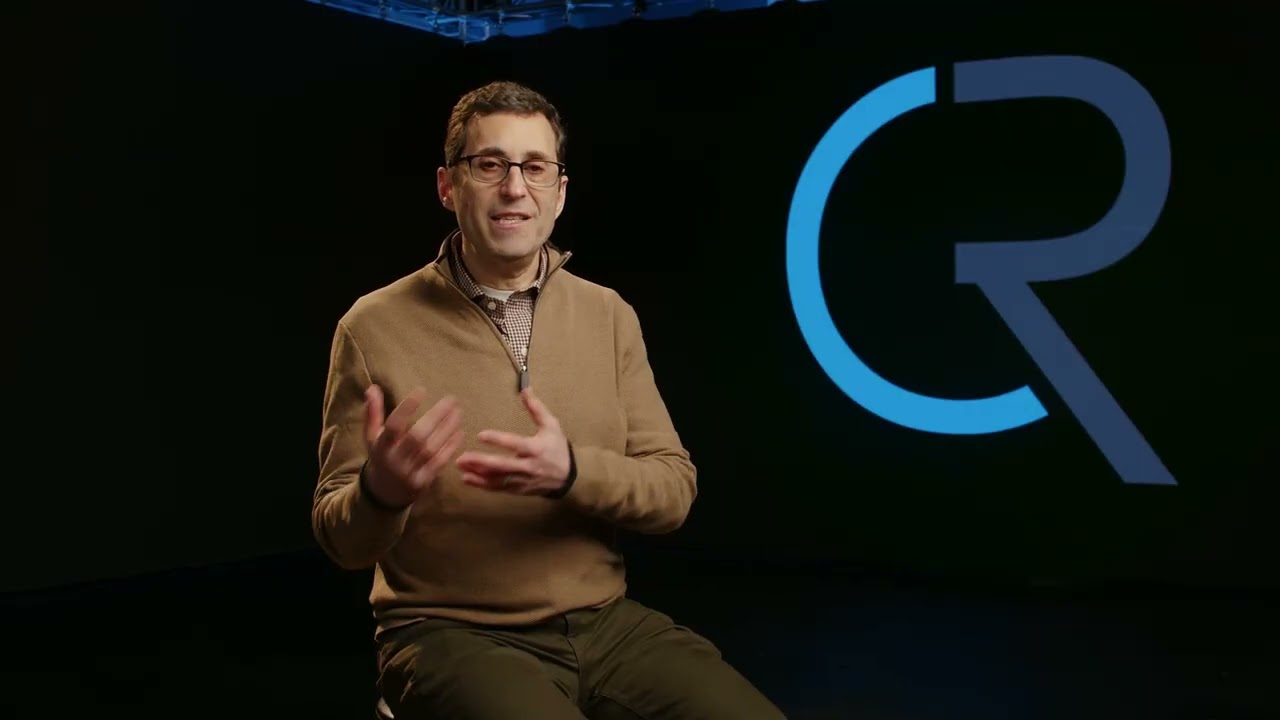
Sign-up for the latest talent insights because you need to know what you don't know.
Contact Us
Fill out the form below to let us know a little bit about yourself. We’ll reach out to you as soon as we’re able!
